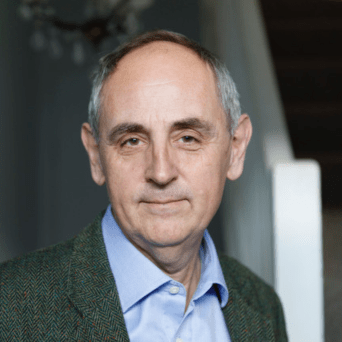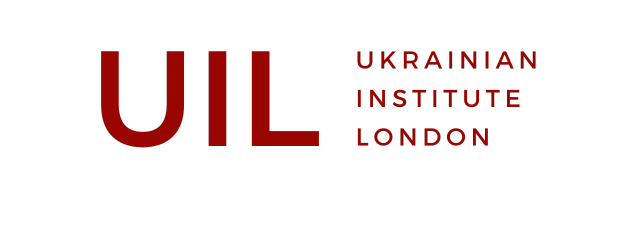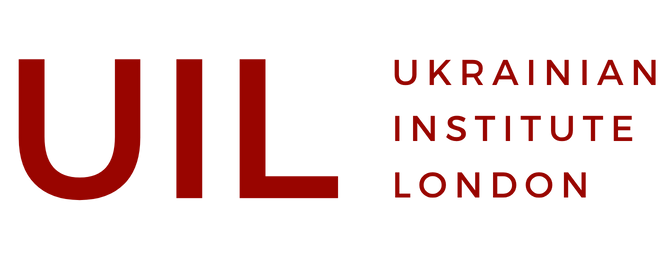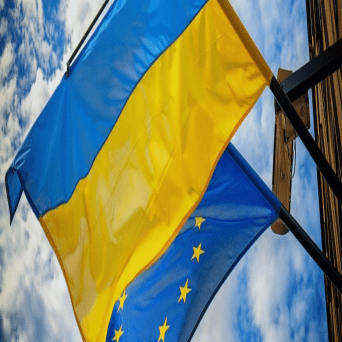Speaker
Keir Giles
Keir Giles is a Senior Consulting Fellow at Chatham House’s Russia and Eurasia Programme and works with the Conflict Studies Research Centre (CSRC) in the UK. He co-founded a company offering Western pilots the chance to fly Soviet military aircraft and later became Russia correspondent for various aviation journals. Giles also worked with Ernst & Young in Russia, helping navigate its commercial law.
While at BBC Monitoring Service (BBCM), he set up the first monitoring office in Moscow and contributed to the service’s response to the rise of the internet. He specialised in Russian military and aviation matters, later advising the UK Defence Academy on Russian defence, strategy, and cybersecurity. After the Academy’s closure of its Russia-related research in 2010, he re-established CSRC as an independent think tank, focusing on Eurasian security issues.
Giles has over 30 years of experience in internet exploitation, combining cyber training with a deep understanding of Russian information warfare. He authored key works on Russian cyber and information warfare, including Moscow Rules (2019), Russia’s War on Everybody (2022), and Who Will Defend Europe? (2024). Additionally, he has taught anatomy, run a successful business for complementary therapy, and received several awards, including a shared Gold Sony Award for radio journalism.
Giles’s expertise extends internationally, with advisory roles for NATO, the US Army War College, and other defence institutions.
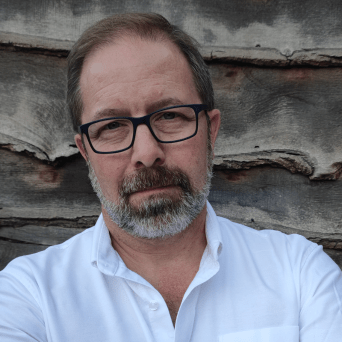
Speaker
Edward Lucas
Edward Lucas’s expertise includes energy, cyber-security, espionage, information warfare and Russian foreign and security policy. He is an acclaimed author and versatile speaker at high-level international events. Formerly a senior editor at The Economist, the world’s foremost newsweekly, he is a senior (non-resident) adviser at the Center for European Policy Analysis (CEPA), a thinktank based in Washington, DC. He writes a regular column in the London Times. In 1992, he co-founded an English-language weekly in Tallinn, Estonia: the Baltic Independent. For many years a foreign correspondent, he was based in Berlin, Prague, Vienna, Moscow, and the Baltic states. In 2008, he wrote the The New Cold War, a prescient account of Vladimir Putin’s Russia, followed in 2011 by Deception, an investigative account of east-west espionage. He has written three other books.
An experienced broadcaster, he is a regular contributor to the BBC’s Today and Newsnight programmes, and to NPR, CNN, and Sky News. Edward has lectured at Harvard, Oxford, Cambridge, and other leading universities. Lucas is the recipient of numerous awards and decorations. He was also the first foreigner to receive an Estonian electronic identity card, and received the first Lithuanian visa in 1991. He was deported from the Soviet Union, arrested, beaten up, interrogated, and spied on by communist secret police agents behind the Iron Curtain. He studied economics at the London School of Economics and speaks five languages—German, Russian, Polish, Czech, and Lithuanian.
